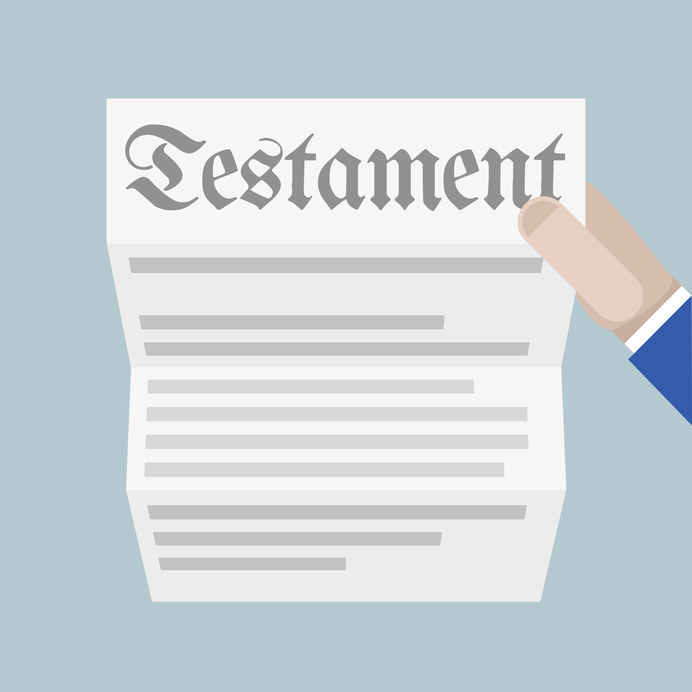Ancillary probate is what occurs when at the time of his or her death, a deceased owns real estate or tangible personal property in different states. As you plan your estate, this type of situation poses a significant challenge, and even affects the individual who will ultimately act as your personal representative.[1]
The primary probate proceeding is usually held in the decedent’s state of residence or home state. However, a state probate court only has authority over property in its own jurisdiction; it does not have the power to issue orders for property that is located in another state. Therefore, an additional probate proceeding becomes necessary. To qualify for a Florida ancillary probate, the decedent must not have been a resident of Florida at the time of the decedent’s death.[2]
When would ancillary probate proceedings be required?
An ancillary probate court proceeding is considered a secondary probate proceeding that is meant for the sole purpose of handling out-of-state property. Ancillary probate is initiated after the primary probate proceeding has been initiated. Such an action is required in each state where out-of-state property is located or named, unless the decedent has taken steps to transfer ownership before death.
What type of property does ancillary probate affect?
Ancillary probate is typically necessary when a decedent owns a piece of real estate, such as a vacation home that is located outside of the decedent’s home state. However, it may even be necessary for tangible personal property such as cars, boats, or airplanes that are registered and titled out of state. If you own livestock or oil, gas, or mineral rights attached to real estate located in another state, ancillary probate can also become required.
How do you avoid ancillary probate?
Probate is not necessary for any property placed in a living trust, regardless of where that property is located. You can simply title your out-of-state properties in the name of your trust.
An alternative to placing the out-of-state property in trust, is to consider retitling your property, so that you and your chosen beneficiary jointly own the property with rights of survivorship. For example, if you own a vacation home in Florida that you would like to leave to your child, you can have a new deed created in which you hold the title as joint tenants with rights of survivorship. Your child would then automatically inherit the property upon your death without having to go through the probate process.
For more information on ancillary probate proceedings see also: https://www.epgdlaw.com/what-are-the-ancillary-probate-proceedings/.
[1] Florida Probate Rule 5.030.
[2] § 734.102(1), Fla. Stat.; see Loewenthal v. Mandell, 170 So. 169, 171 (Fla. 1936).


